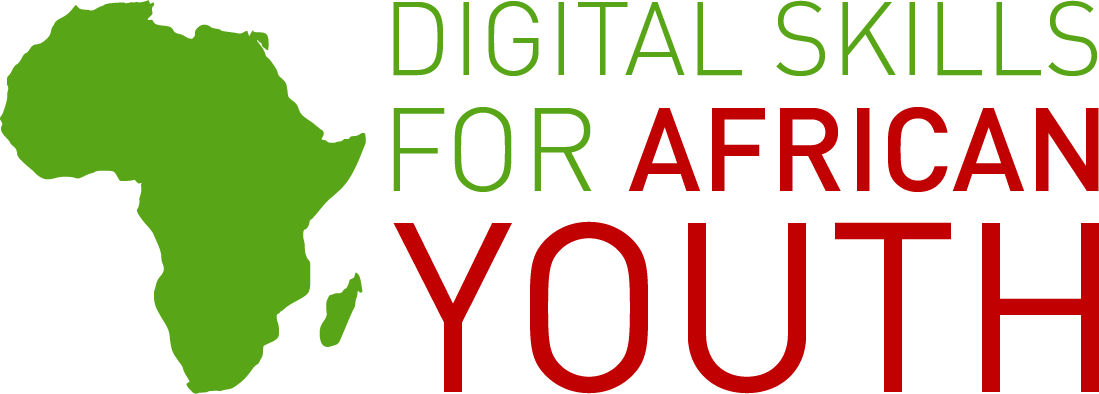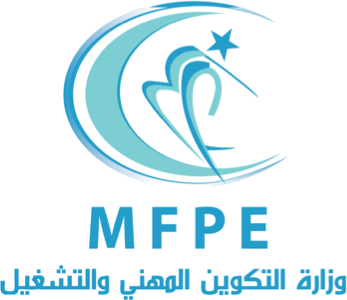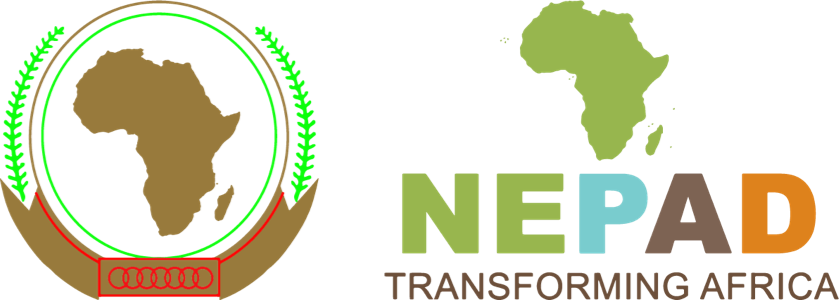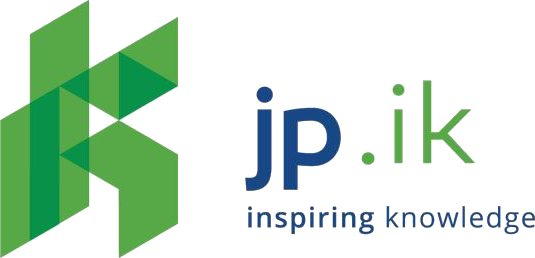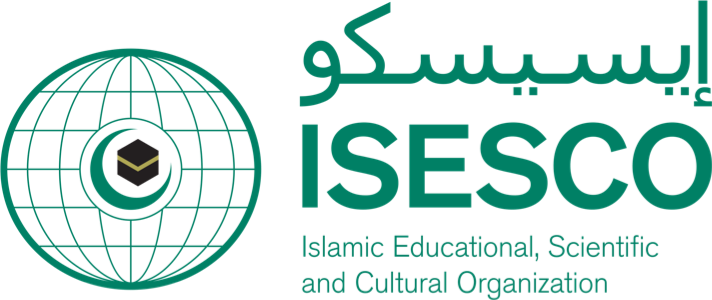African Forum calls for speeding up actions to foster job-relevant digital skills for African youth

Abidjan, 26th April 2018 – The African Forum on Youth Skills and Enterprises in the Digital Age, under the theme "Harnessing Demographic Dividend through Investments in the Youth" ended on April 19th in Tunis with a major joint recommendation: It is crucial to ensure that Africa’s youth have the relevant and appropriate digital skills (from a very early age) as they prepare for the jobs of the future.
At the conclusion of this successful meeting, African governments and key stakeholders agreed to:
- Foster and implement appropriate policies to integrate digital skills, 21st Century Skills and Science, Technology, Engineering and Mathematics (STEM) in the African education and training systems;
- Establish technological partnerships in order to fill the skills gap in jobs requiring advanced ICT competences such as Coding; Artificial Intelligence, Machine Learning and Robotics; Cyber Security, among others;
- Accelerate the use of ICT to offer all learners, with a special focus on girls and women, an equal opportunity to access quality education;
- Spread the culture for eLearning;
- Promote Technical and Vocational Education and Training (TVET) as an enabling pathway, as opposed to a sub-sector of last choice; and
- Train teachers on digital skills and 21stCentury Skills.
Officially opened on Wednesday 18th April at Ramada Plaza in Tunis, by Prof. Sarah Anyang Agbor, Commissioner of the African Union’s department of Human Resources, Science and Technology (AU-HRST); Hon. Buti Manamela, Deputy Minister for Higher Education and Training of South Africa and by Hon. Faouzi Abderrahmane, Minister of Vocational Training and Employment of Tunisia, the Forum attracted around 200 participants from 38 countries (27 African countries).
Reading the speech of the AU-HRST Commissioner, Mr. Nicholas Ouma (Senior AU-HRST Youth Advisor) acknowledged the Government of Tunisia, the Association for the Development of Education in Africa (ADEA), the Global E-Schools and Communities Initiative(GESCI), the African Ministers and the youth representatives and all the stakeholders who made this event possible. He also stressed the importance for children to learn and have skills in ICT such as programming at an early age as this helps them gain advantages in thinking, processing and communicating. These skills will later help Africa’s youth to be innovative, which will translate into critical dividends in nearly any profession.
In their respective interventions during the 2-day Forum, Hon. Buti Manamela, Deputy Minister for Higher Education and Training of South Africa; Hon. Faouzi Abderrahmane, Minister for Professional Training and Employment of Tunisia; Hon. Abdelhafeez Elsadig Abdelrheem, Minister for Youth of Sudan; Hon. Gaston Musemena Bongala, Minister for Primary, Secondary and Professional Education of the Democratic Republic of Congo; Hon. Abdoulkadri Tidjani ldrissa, Minister for Technical and Vocational Training of Niger; Hon. Adoum Dangaï Nokour Guet, Minister of Vocational Training and Small trades of Chad; and Hon. Ahmed Elgeushey Hassaneen, Deputy Minister for Education, Technical and Vocational Training of Egypt reiterated their commitment to promote digital skills in their education and training systems as envisaged in the Africa’s Agenda 2063and highlighted in theContinental Technical and Vocational Education and Training (TVET) Strategy to foster youth employment, the Continental Education Strategy for Africa 2016 - 2015 (CESA 16-25) and the Science Technology and Innovation Strategy for Africa (STISA 2024).
On the way forward, Mr. Jerome Morrissey, CEO of the Global e-Schools and Communities Initiative (GESCI), recommended to plan for and invest in digital inclusion in all its dimensions – something that should not be neglected in the next few years – to better address the skills gap and foster inclusive growth in Africa.
From UN Agencies (i.e. ILO, ITU and UNICEF) and development cooperation partners (e.g. FHI360, GIZ, FAWE, CARE and NEPAD) to Universities (e.g. Stellenbosch, Virtual University of Senegal, University of Namibia and Kenya Methodist University), young entrepreneurs and private sector companies (e.g. ACT, Digital Opportunity Trust, JP.IK Inspiring Knowledge, Investiv, Impact Hub Accra, iDEV-ic, Ideas and Solutions, and SKILLZ) all speakers in each session underlined the role of digital skills as the new core link between education and employment.
The event, thanks to livestreaming and social media channels, reached and engaged a broad audience, especially youth, who followed Ministers and experts discussing in the high level panels and technical sessions moderated by dynamic representatives of different institutions and sectors.
Ms. Odibeli Pamela Ejiro, Youth Ambassador for the Secondary Education in Africa (SEA) Initiative, called on African government to invest in digital skills in order to unlock youth’s potential and access to new jobs which will further contribute to Africa’s development. In her conclusion, she also stated: “Let our parents and society know where we, the youth, are going”.
ADEA’s Acting Executive Secretary, Mr. Shem Bodo said, “Skills acquisition is vital to embrace appropriately without any shock the digital revolution, but we all, and in particular the youth, need to be first clear about our vision, before embarking on how to get there. We need to be passionate in order to be creative”.
Lastly, in his closing remarks, Hon. Faouzi Abderrahmane, Minister for Professional Training and Employment of Tunisia appealed and reminded to all African dignitaries and development cooperation actors to free the rural community from the digital illiteracy. He also stated, “Innovation and creativity are linked to ICT. Africa can succeed and be a pioneer of this digital age especially through the facilitation of intra-African partnerships and collaborations”.
The African Forum on Youth Skills and Enterprises in the Digital Age was organized by the Government of Tunisia through its Ministry of Professional Training and Employment (MFPE), the African Union (AU), the Global E-Schools and Communities Initiative (GESCI), the Association for the Development of Education in Africa (ADEA), and the United Nations’ Children Fund (UNICEF). The strategic partners of this event were: JP.IK and the New Partnership for Africa's Development (NEPAD). The Forum was sponsored by: ACTand the Islamic Educational, Scientific and Cultural Organization (ISESCO).
Useful Links:
- Forum’s website: digitalskills.adeanet.org
- Speakers: digitalskills.adeanet.org/en/speakers
- Photos: digitalskills.adeanet.org/en/photos
- Videos: digitalskills.adeanet.org/en/videos
- Documents: digitalskills.adeanet.org/en/documents
- Social media official hashtags: #Skills4Africa / #DS4AY
For more information, please contact:
- Dr. Tarek Chehidi, Education Network Program Director, R4D | tchehidi@r4d.org
- Ms. Raky Gassama, Knowledge Management Officer, ADEA | r.gassamacoly@afdb.org
- Mr. Nicholas Omondi Ouma, Sr. Youth Advisor, Youth Division, AUC | ouman@africa-union.org
Media contacts:
- Ms. Kawther Nsiri, Information and Communication Officer, Ministry of Professional Training and Employment, MFPE, T. 00216.97.09.09.09 // 00216.97.802.503 | kawther.nsiri@mfpe.gov.tn
- Mr. Stefano De Cupis, Senior Communications Officer, ADEA, T. +225 20 26 42 61 | s.decupis@afdb.org
